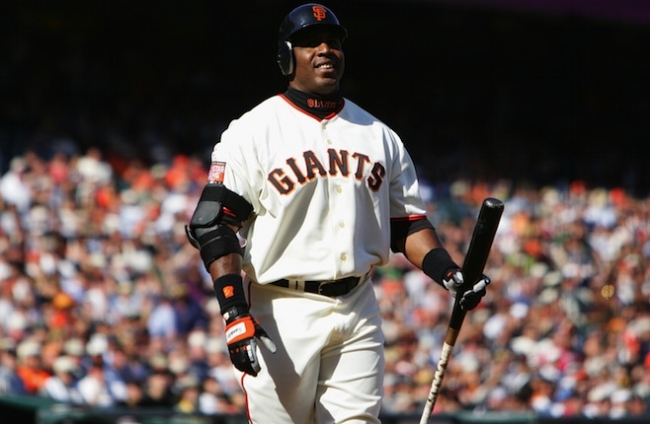Last week, I wrote about the 1997 MLB expansion draft, which brought us the Diamondbacks and Devil Rays. While researching for that post, I was reminded of how successful the Diamondbacks were right off the bat. Two years in, they won 100 games. And by year four, they had won a World Series. This post seeks to understand how they constructed such a great team so quickly. Before we answer that question, though, let's take a look at how rare their situation was.
Year Two for Expansion Teams (Last 40 Years)
| Year | Team | W-L | Win% |
|---|---|---|---|
| 1996 | Panthers | 12-4 | .750 |
| 1999 | Diamondbacks | 100-62 | .617 |
| 1996 | Jaguars | 9-7 | .563 |
| 2004 | Pelicans | 41-41 | .500 |
| 1994 | Rockies | 53-64 | .453 |
| 1994 | Marlins | 51-64 | .443 |
| 1999 | Devil Rays | 69-93 | .426 |
| 1991 | Magic | 31-51 | .378 |
| 1997 | Raptors | 30-52 | .366 |
| 1991 | Timberwolves | 29-53 | .354 |
| 1982 | Mavericks | 28-54 | .341 |
| 2003 | Texans | 5-11 | .313 |
| 1990 | Hornets | 19-63 | .232 |
| 1990 | Heat | 18-64 | .220 |
| 2000 | Browns | 3-13 | .188 |
| 1997 | Grizzlies | 14-68 | .171 |
Of the 16 teams added in the last 40 years (seems low, right?), only three have finished above .500 in their second season. And only one team—the 1996 Panthers—finished with a higher winning percentage than the 1999 Diamondbacks. So, how did they do it?
Randy Johnson
The Diamondbacks beat out the Rangers, Angels, and Dodgers to sign the 35-year-old lefty to a four-year deal worth $52 million. How did Johnson respond? Oh you know, just four straight Cy Youngs.
| Year | IP | SO | ERA |
|---|---|---|---|
| 1999 | 271.2 | 364 | 2.48 |
| 2000 | 248.2 | 347 | 2.64 |
| 2001 | 249.2 | 372 | 2.49 |
| 2002 | 260 | 334 | 2.32 |
Over those four years, he amassed 38.2 WAR. Remember, he did this from the ages of 35-38. Johnson was the biggest reason the Diamondbacks were so good.
The Big Four
While Johnson was good enough to carry the pitching staff himself, the Diamondbacks' offense dominated with depth. Four position players (all older than 32) posted 4-WAR seasons in 1999: CF Steve Finley, LF Luis Gonzalez, 3B Matt Williams, and SS Jay Bell. Bell was acquired via free agency; he signed a five-year, $34 million before the inaugural 1998 season. He somehow developed power in his mid-30s, hitting 38 homers in 1999. Gonzalez was also on steroids. The Tigers traded him straight up for young right fielder Karim Garcia before the 1999 season. From the ages 22-30, Gonzalez hit 107 HR with a .432 SLG. From the ages of 31-35 with the Diamondbacks, Gonzalez hit 168 HR with a .564 SLG. Hmm...
Steve Finley signed a four-year deal worth $21.5 million with Arizona after the 1998 season. He was worth the money, as he hit 108 homers, won two gold gloves, and amassed 13.1 WAR over the contract. In 1999, at the age of 34, Finley hit 34 homers and 10 triples. Lastly, Matt Williams was acquired through a draft day trade. After taking Travis Fryman in the expasnion draft, the Diamondbacks dealt him to the Indians for Williams. The team then signed him to a five-year, $42.5 million contract extension. In 1999, Williams blasted 34 HR and racked up 142 RBI.
Buck Showalter
Despite never winning a championship, Showalter is one of the best managers in baseball. He has won Manager of the Year in three different decades (1994, 2004, 2014) for three different teams (Yankees, Rangers, Orioles). The Diamondbacks brought Showalter in as manager two years before they started playing games so he could have more control over personnel decisions. In his second year managing (really fourth overall), he led the team to 100 wins—and somehow didn't win Manager of the Year—before losing to the Mets in the 1999 NLDS. He was fired after his third year, when the team went 85-77. Under Bob Brenly, the Diamondbacks won the World Series in 2001.








Baseball is here! And more importantly, that means the over/under game is back. It seems as though everyone is an expert this time of year. Somehow we convince ourselves that we are better at predicting baseball outcomes than everyone else. Well, AFITB is putting that to the test for the third year in a row. Think you know more about baseball than us? You probably do. But go ahead and prove it anyway.